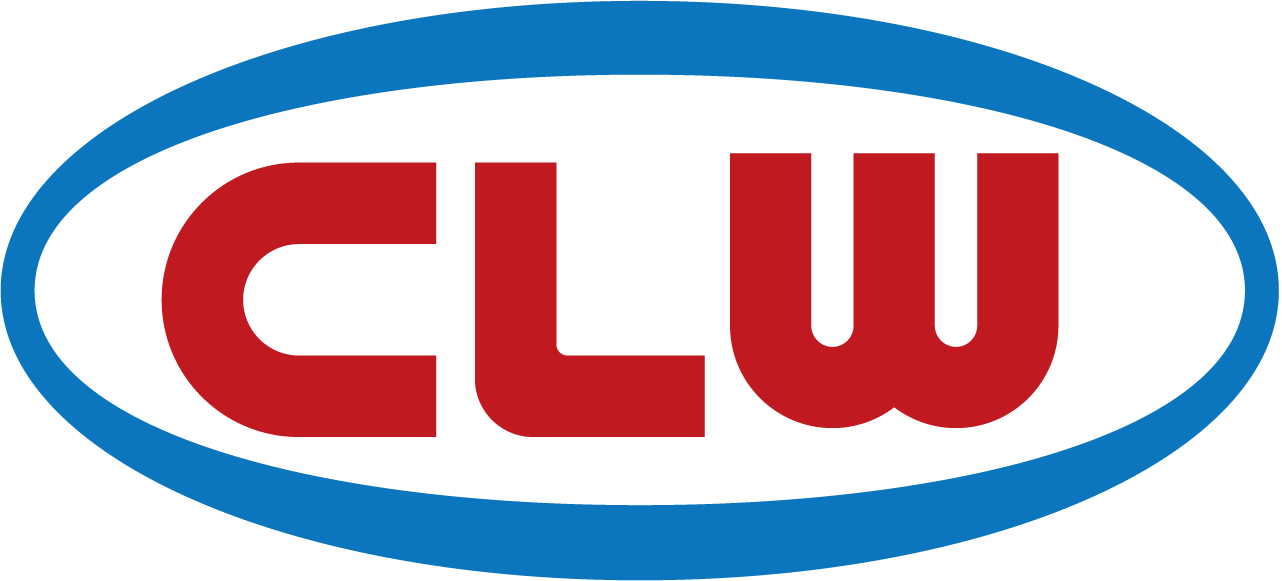Chengli: Demonstrating Wisdom Through Counter-Cyclical Expansion
Outside the factory, the office building under construction is nearing completion; inside, sparks of steel fly, and the sounds of cutting and welding rise and fall... Amid the global economic downturn, Hubei Chengli Special Purpose Vehicle Company is expanding its production scale against the trend, with production performance bucking the headwinds.
The company's production progress shows: in the first half of this year, the company produced 2,700 vehicles, with an industrial output value of 250 million yuan and nearly 6 million USD in foreign exchange earnings.
Major Sales Stabilize the Footing
Turn on the computer, and simply enter "special vehicles" in Baidu or Google, and the homepage's top headline will pop up with relevant information and website links for Hubei Chengli Special Purpose Vehicle Co., Ltd.
In 2003, Cheng Aluo, the General Manager of Chengli Company, designed a computer system for making parts, established a sales network and website, pioneering online sales in the Suizhou area and opening up the international market for Suizhou's modified vehicles for the first time. Today, Chengli invests a lot of manpower and material resources to further expand the advantages of online sales. The company's website has multiple sections with all kinds of product information, and the website also links to information from dozens of automobile manufacturers across the country.
In addition to online sales, Chengli has also established a vast sales network across the country. The company has a sales force of more than 500 people throughout the year, all promoting Chengli's special vehicles. Internally, sales personnel account for almost half of the total staff. Ni Wentao, the office director, is well-versed in marketing: "The key is to find a 'home' for the products, to get orders, as orders are the real money."
With the help of a strong sales network, Chengli insists on "walking on two legs," moving freely in the financial crisis. With a decrease in foreign trade orders, the company seized the favorable opportunity of the country's domestic demand stimulation to expand domestic trade, ensuring overall profitability.
Innovative Products Win the Market
"Now when customers in the market buy sprinklers, the first thing they ask is if it's the 'Chengliwei' brand," Cheng Aluo said with pride when talking about the flagship product.
The company has been established for just over four years, but "Chengliwei" has already become a well-known brand in the field of special vehicles. The company has eight series of products including sprinklers, oil tankers, semi-trailers, and truck cranes. To adapt to market demand, Chengli has newly developed A2, C2 three types of pressure vessels, liquefied gas tankers, and pressure storage tanks.
At the end of last year, after Chengli obtained the national special equipment manufacturing license, A2 and C2 pressure vessels entered mass production, becoming a new growth point for the company. Pressure vessels are innovative products, and currently, only 40 enterprises nationwide have obtained production qualification permits, with only two in the province.
The company has invested 20 million yuan in new equipment purchases and the application of new technologies, obtaining the truck crane license, filling the gap in our province's lack of production qualifications for truck cranes. The "Chengliwei" brand truck crane can lift up to 12 tons and is highly welcomed by domestic and foreign customers.
It is understood that Chengli is currently the only enterprise in the country with both A2 and C2 three types of pressure vessel manufacturing and truck crane production qualifications. It is these "secret weapons" that make Chengli's products unique in the province and even the country.
In recent years, the company has reached a new level every year. When the company was established in 2005, the production and sales volume was only 900 units, with an output value of 80 million yuan; in 2008, the production and sales volume was 3,707 units, with an output value of 352 million yuan, and tax payments of 5.77 million yuan. The company's development goal for 2009 is to produce 4,000 vehicles, create an output value of 400 million yuan, earn 10 million USD in foreign exchange, and pay 6 million yuan in taxes.
Valuing Talent, Integrating School and Enterprise
Coming from a "professional background," Cheng Aluo has unique insights into company management and operations. In September 2008, Chengli invested 15 million yuan to establish Chengli Vocational School, offering 15 majors in automotive, computer, and language studies, enrolling more than 1,000 students in the first session.
Why would a special vehicle production company invest in vocational education? Cheng Aluo said that Chengli Vocational School is primarily aimed at the of its own employees. During two years of study and practice, students will master the theory and practical knowledge of all types of special vehicles, and most will go directly to work at Chengli Company after graduation.
As the technological content of products and production safety requirements gradually increase, the company's requirements for workers are also getting higher. Establishing a vocational school can continuouslyprofessional technical talents to the company, solving the "bottleneck" difficulty in the company's development.
Cheng Aluo positions Chengli Vocational School as follows: to build the "Whampoa Military Academy" of the "China Special Vehicle Capital."
As a training base for special vehicle technical talents, Chengli Vocational School fills the gap in the joint cultivation of special vehicle talents by schools and enterprises in our city. In the development process, Chengli Vocational School will leverage its own advantages, gradually implementing four major projects: the cultivation of professional skilled talents, the transfer training of rural labor force, the continuing education of employees, and re-employment training, making a positive contribution to the construction of new rural areas and the transfer of rural labor force employment, reflecting the social responsibility of an enterprise.

